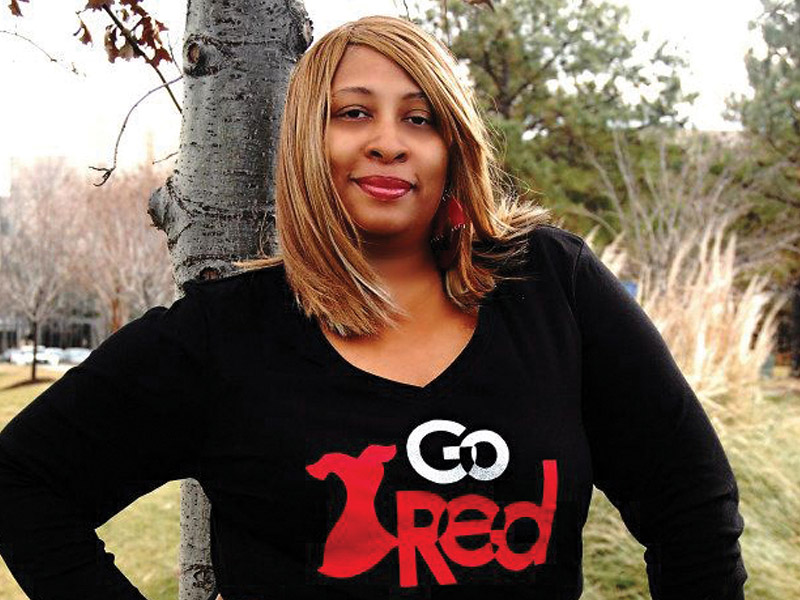Nicole Smith thought she had the flu.
“I went to the ER at Sentara Norfolk General. When the doctor looked at my X-rays, he said that my heart was bigger than it was supposed to be,” says Smith.
Early the next morning, she saw cardiologist Dr. John Herre who performed an echocardiogram on her heart. While awaiting the results, something on the nurse’s clipboard caught her eye. A note that read, “‘her heart is huge’ with three exclamation points,” recalls Smith. “I’m a nice person, but I didn’t know how she knew,” Smith chuckles.
Dr. Herre diagnosed Smith with congestive heart failure and cardiomyopathy. And given the severity of her condition, she needed a transplant. Smith was stunned. “He said that my heart was functioning at 10-15 percent. I knew that I was struggling physically, but I ignored the signs,” admits Smith. “So I asked the doctor how long a transplant would take because I needed to go back to work.”
Sensing that Smith didn’t grasp the gravity of her situation, Dr. Herre parked his chair next to hers, took her by the hand and told her that she would not be returning to work now, if ever.
That’s when Smith felt the weight of the diagnosis.
“I had no idea what to expect,” she says. “I liked my job as sales rep for Canon. I’m 33. I’m a single mom of four kids. I’m a team mom for my sons’ football teams. I coach cheerleading. And now they gave me two years to live.”
Smith was immediately admitted to Sentara Norfolk General Hospital, while her doctor developed a care plan. That same day, she suffered two strokes.
“It was a blessing that it happened while I was there because had they sent me home, it would have been catastrophic,” she remembers.
Told that she was too sick to get a transplant, her only option was to wait.
Smith never received a heart, but with the help of medicine therapies, she’s outlived her diagnosis—thriving 11 years later— and her heart functions normally again. Smith has a defibrillator in her chest and sports a pacemaker. “When I got it I was worried if it would match my other accessories,” she jokes. Her doctor told her it was better for her to have it and not need it than the reverse scenario.
She’s learned a lot from the situation. The biggest takeaway, which she advocates for through the American Heart Association,
was financial planning.
“Rebuilding a life is hard,” she says. “In the last 10 years I’ve had to change my life, my diet and rebuild financially. No one tells you about the financial devastation that happens with an illness. My kids weren’t able to go to the colleges they wanted to because I couldn’t afford their dreams any longer and as a parent you carry that guilt.”
She’s looking to return to the workforce after a decade-long absence.
“I’m applying for jobs now, but I have this 10-year hole in my resume which is a little difficult to explain,” she says. “I want to find something that will allow me to be in the community and still volunteer for American Heart Association. I’d also like to make it a ministry. When you wake up in the morning and you have four kids and no job, God is your best friend. You talk to him all of the time.”



